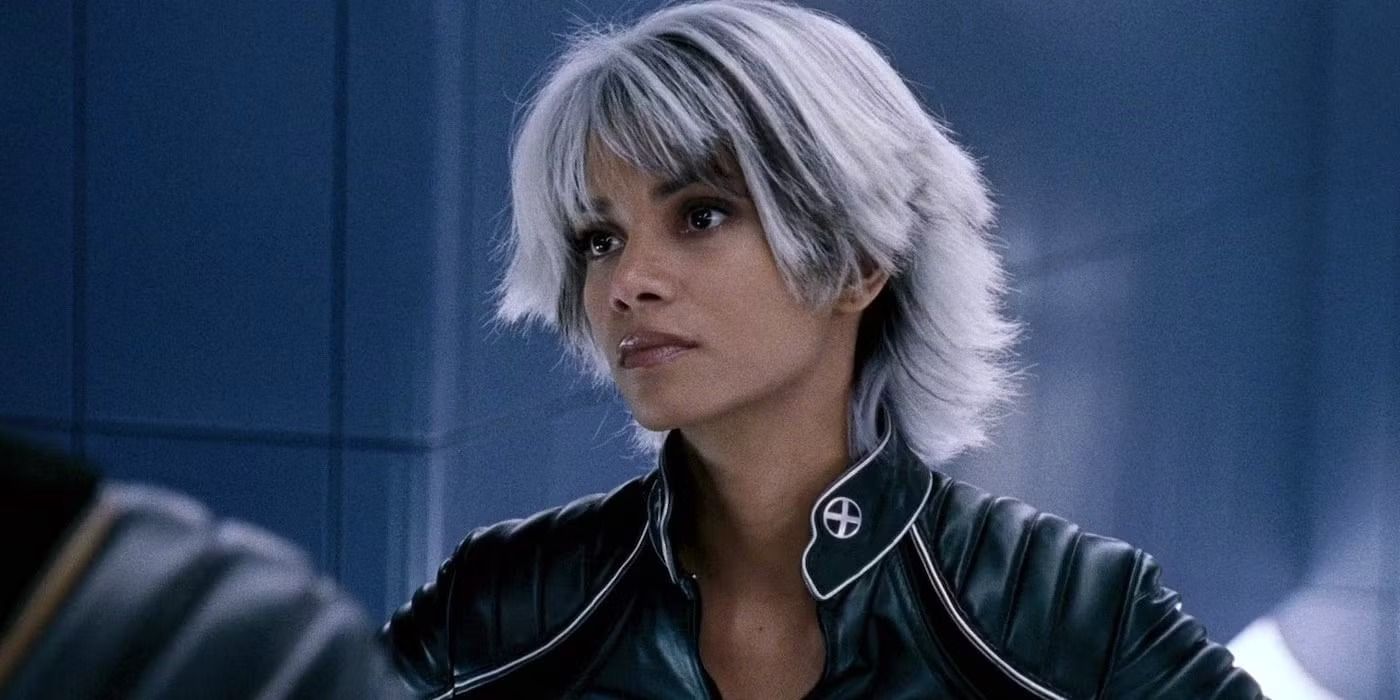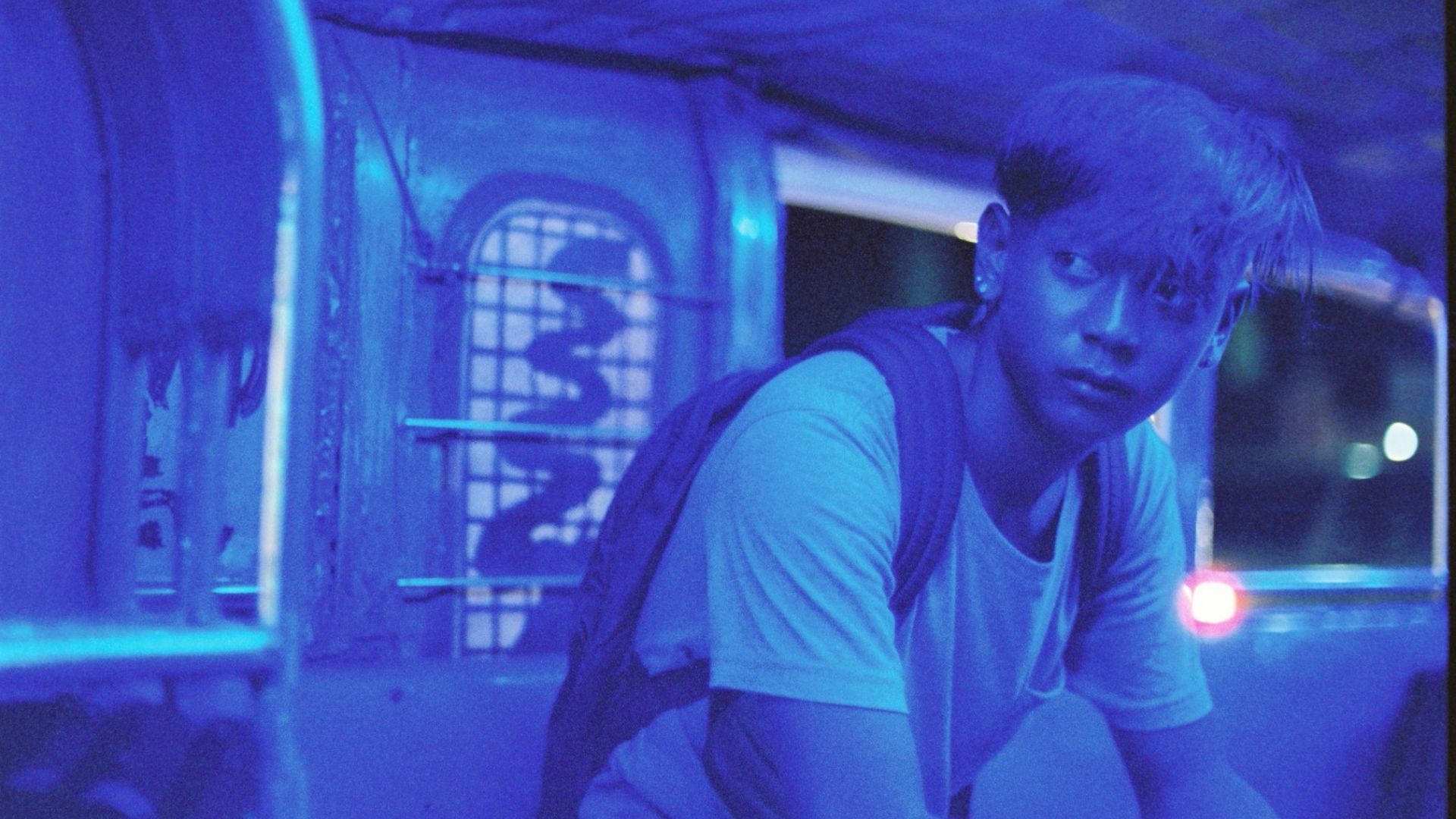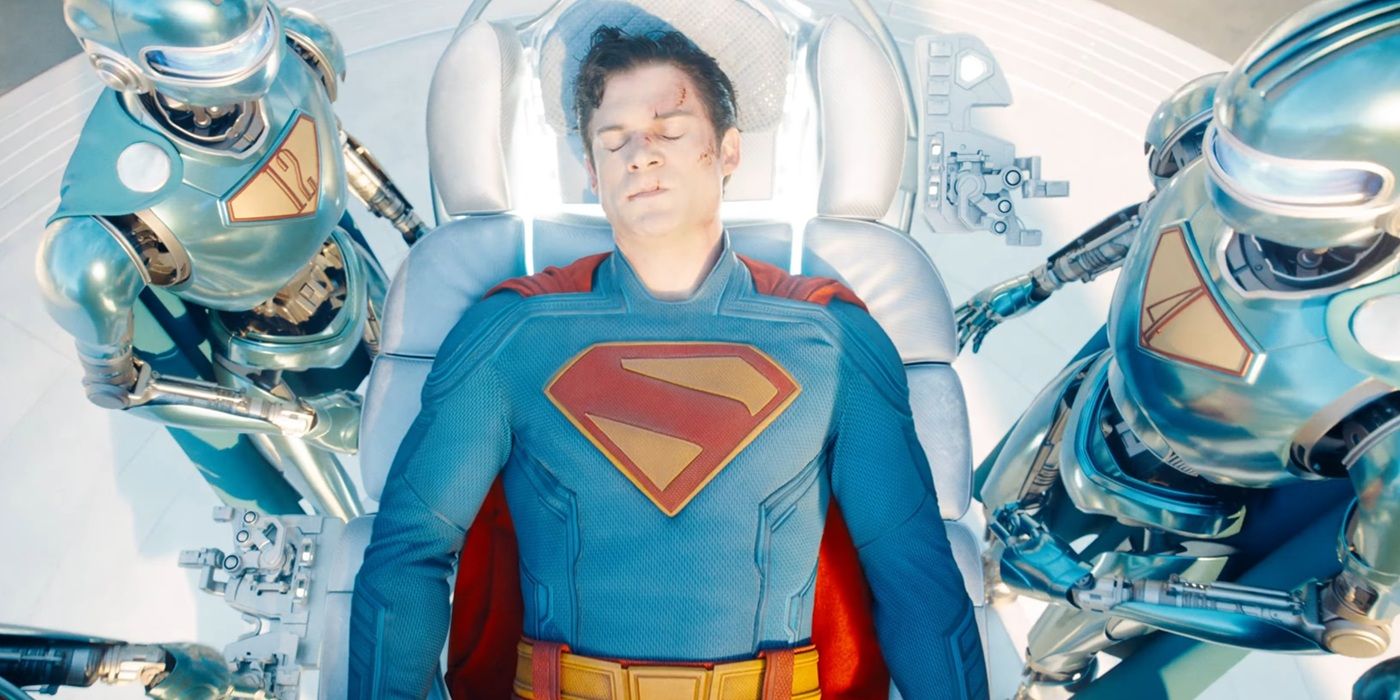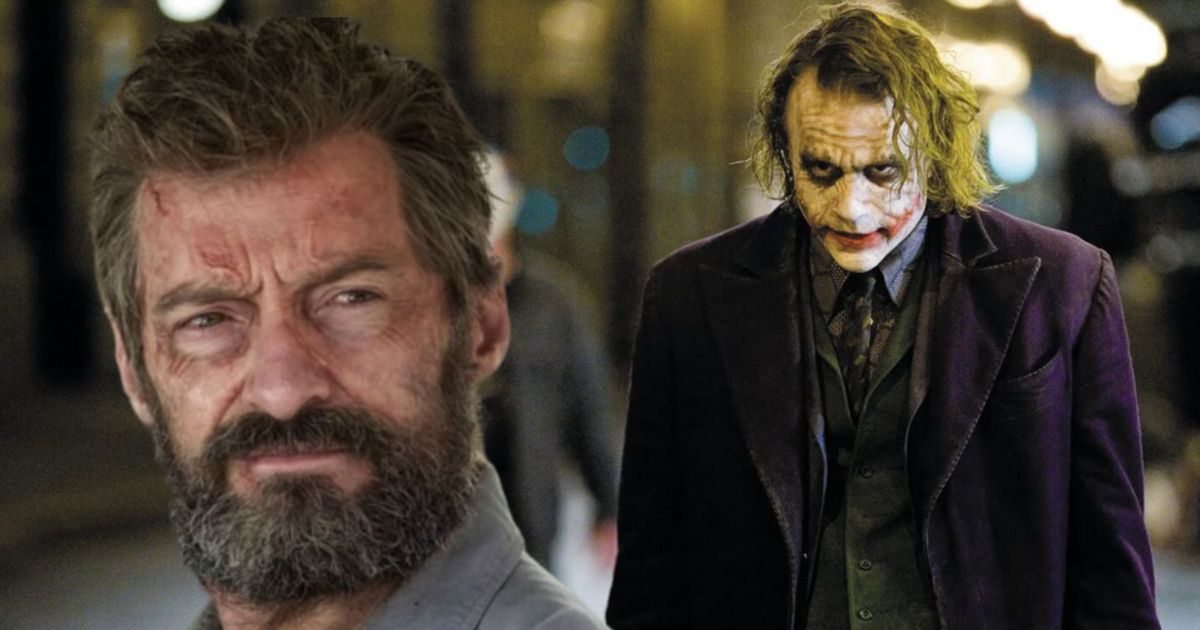With the release of Jaws and Star Wars back in the 1970s, producer Roger Corman lamented that Hollywood had learned his secret. Corman, longtime peddler of drive-in schlock, had made a fortune by producing low-budget genre pictures — exploitation movies, as they would become known. For the record, the term “exploitation” didn’t have a bad connotation in this case. Corman, and those like him, exploited the thirst of the audience with his movies…and occasionally a fading star that needed a paycheck.
Flash forward to 2023, when Hollywood grants the kind of cheap exploitation pictures that Rogar Corman used to make $300 million budgets, or in the case of Netflix’s Heart of Stone, a reported $130 million. Ads for the movie tout it as coming from the same producers that made the Mission: Impossible movie series a success. And, as with the Mission: Impossible movies, Heart of Stone owes a large debt to movie maestros like Corman, who proved to major studios the lucrative nature of throwing schlock at an audience.
Heart of Stone feels very much like a B-level version of the Mission: Impossible, James Bond, or Jason Bourne series. The plot follows a group of MI6 agents, including veterans Parker (Jamie Dornan), Theresa (Jing Lusi), Max (Paul Ready), and the neophyte hacker Rachel Stone (Gal Gadot). An attempt at kidnapping a crime lord from a ski party in the Italian Alps goes sideways, forcing Stone to jump into action as a member of the Charter, an underground, multinational group of “fixers” aiming at fighting injustice and crime all over the world.
So to reiterate: Gadot’s secret agent is actually a SECRET-ER agent. A superhero secret agent, of sorts.
All Too Familiar
Netflix
The botched raid in the Alps sends Stone lamenting to her Charter boss Nomad (Sophie Okonedo) and tech aide Jack (Matthias Schweighöfer) that someone else with hacking skills interfered with their mission. The three focus on Keya (Alia Bhatt), a young, computer prodigy recruited by terrorists as a child. The Charter agents deduce Keya and her bosses want to control The Heart, a supercomputer with the ability to tap into every network in the world at once. The Charter uses The Heart as a probability calculator to help them on missions. If it fell into the wrong hands, it could (what else) control the world.
From there, the plot leaps from one action set piece to another as Rachel races to foil Keya’s plot and save humanity. Heart of Stone is totally preposterous for every moment of its runtime, but here, that’s the fun of it all. The role of Rachel Stone requires an actress as comfortable doing stunts as performing dramatic scenes, and, given that she’s a superhero of sorts, Gal Gadot makes for ideal casting. The part allows her to show off some dramatic range, more so than her work in the Wonder Woman films, while the stunts elevate her into a higher pantheon of performer. Like Charlize Theron, Angelina Jolie, or Sigourney Weaver, Gadot has proven she can anchor an action picture as well as any man. She’s a bona fide action star.
Related: Exclusive: Gal Gadot Talks Heart of Stone and Her Love of Action
Indeed, Heart of Stone doesn’t quite qualify as a feminist polemic, though director Tom Harper, working from a script by comic book veteran Greg Rucka and Hidden Figures scribe Allison Schroeder, does make some subversive choices here. Though the movie never underlines the point, just about every pivotal role — ranging from field agents to their bosses — is played by a woman. Hell, even a heroic pickup driver in the remote desert is played by a woman. Dornan’s Parker plays the one significant male role here, and while he and Stone have palpable sexual chemistry, the movie never undermines its characters by forcing a romance into the action.
Her Story
Netflix
On the subject of action, the movie has a great deal of it, ranging from a ski slope chase worthy of James Bond to a Zeppelin fight that recalls Indiana Jones and the Last Crusade. Director Harper knows how to assemble these sequences efficiently, and thanks to some clever editing by Mark Eckersley, the movie has a kinetic energy that keeps the plot from sagging. Even at 123 minutes, Heart of Stone doesn’t overstay its welcome.
Despite the budget, this movie knows its place as a Corman-style exploitation picture, and doesn’t digress into moments of self-importance designed to make it seem more profound than it actually is. Gadot, Dornan, and company sell these sequences with total commitment. No doubt they laughed a lot between takes…assuming they didn’t have to visit the First Aid tent for extreme bruising.
Related: Exclusive: Jamie Dornan Talks Action While Trying Not to Spoil Heart of Stone
In fact, every performer here seems to have a great time. Several treasured actors (possibly cashing a paycheck — refer back to the definition of “exploitation movie”) show up for brief but welcome cameos. Lusi’s charisma matches that of Gadot in early scenes, while Bhatt, in a sneaky move, gets the most dynamic character arc. The true protagonist of a movie always undergoes a transformation by making a choice. Here, though Stone rises to the challenges set before her, she doesn’t really change much. Bhatt’s Keya, by contrast, wrestles with much greater moral dilemmas, and has much more important decisions to make that define her character. It’s a clever bit of storytelling; one that suggests Netflix already has sequels in mind. Big surprise there.
As a director, Tom Harper doesn’t distinguish himself in terms of style or storytelling from any other number of generic action maestros. His career trajectory follows the recent trend of directors who began on big-budget TV series and acquiesced to major franchise fare under the eye of controlling producers. An increasing number of directors — Joe & Anthony Russo, Alan Taylor — have ceded creative control to corporate overlords. This trend started with names like J.J. Abrams and Joss Whedon, though their big screen success owes less to talent than to directing sequels to beloved franchises. Harper shows genuine talent here, though if he’s the kind of filmmaker capable of making a personal statement with his films, he doesn’t do so with Heart of Stone.
Instead, Harper makes a generic action picture, though a very fun one. Heart of Stone is the kind of movie that audiences watch, have a great time, and forget five minutes after the credits roll. Like the drive-in exploitation pictures of yore, viewers may turn to each other as they toss their empty popcorn buckets and say with a grin, “That was good.” Schlock cinema doesn’t aspire to be high art; it just wants to be some cheap fun. On that level, Heart of Stone succeeds, and this time, that’s enough.
Heart of Stone lands on Netflix August 11.
You can view the original article HERE.






























